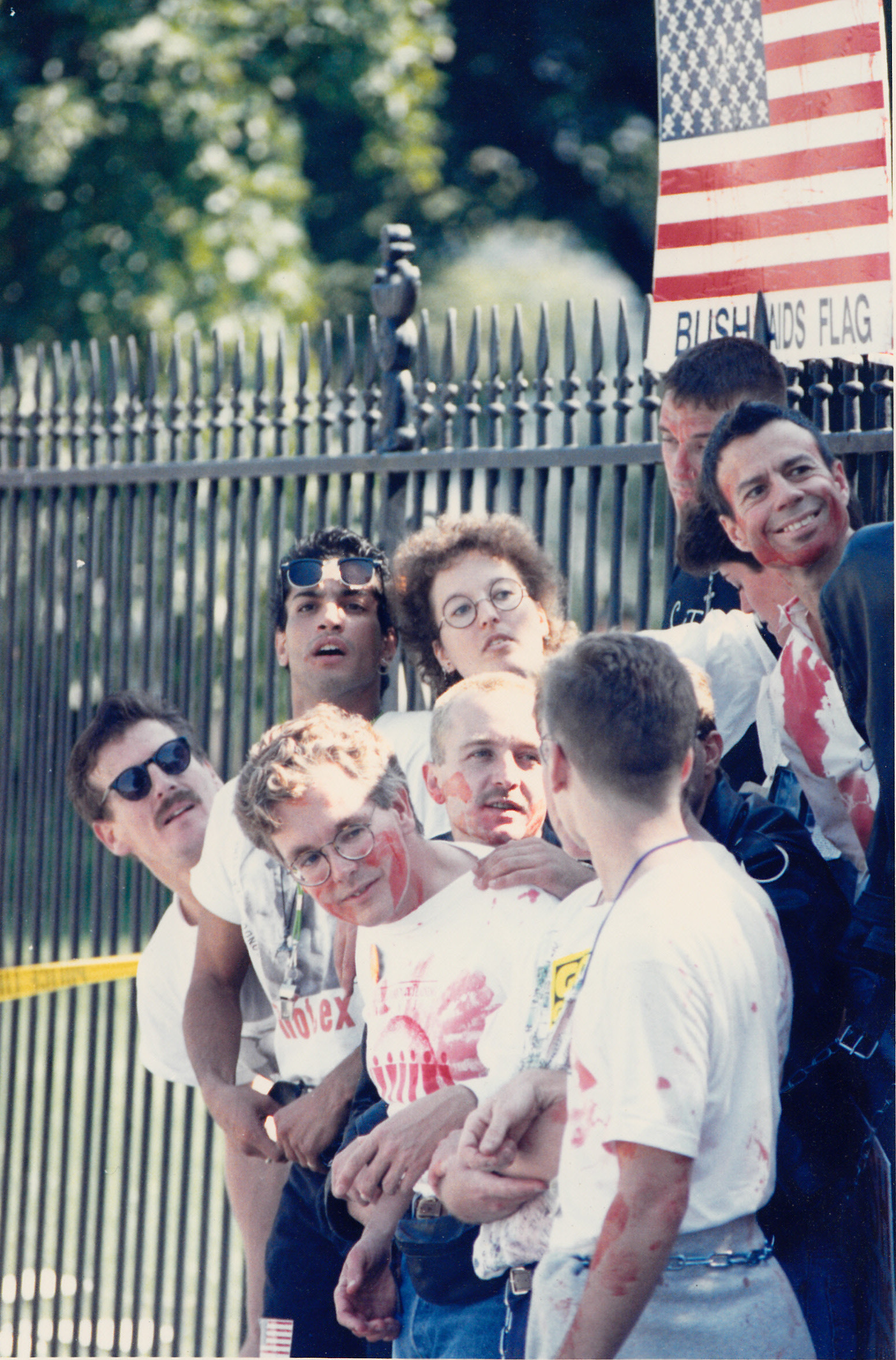Memorial Day
Cast of six (1F/5M), twenties to forties
Memorial Day explores the disorientation and despair of the early days of the AIDS crisis through the experience of a physician struggling with feelings of helplessness and inadequacy in the face of the relentless virus and celebrates the resilience of its survivors.
While this play is deeply personal, it also aims to illuminate an historical moment in ways that inform the politics of the present. The first draft of this play was written over 20 years ago for the man who inspired the character of Terrence/Evelyn. When he died in January of 1995 I put away the play.
I didn’t anticipate that it would stay in the drawer for over 20 years. This draft of the play has certainly benefitted from the perspective and distance, as well as the craft, I have gained over that time, but that wasn’t a conscious goal. As life for queer men with a certain amount of privilege improved and the world really did seem to “spin forward” for a time, I became complacent. I seized and rejoiced in the opportunity to marry. An opportunity that was truly unimaginable in my teens and twenties and thirties. The memory of so many struggles and so much loss began to dim as life seemed rife with possibilities.
Waking up on November 9, all that complacency was shattered. The world felt more like it was spinning out of control. That every advance was perishable and perishing. As an antidote to the paralyzing despair that overwhelmed me for several months, I picked up Memorial Day with a renewed sense of urgency, with a need to recall that my community and I had experienced horrors, had found resilience and had endured to emerge into better times.
Reading – Dark Nights at Kumu Kahua Theatre (Honolulu, HI) – March 2018.
One of eight finalists (out of 1,243 entries) for the inaugural Moss Hart and Kitty Carlisle Hart New Play Initiative.
